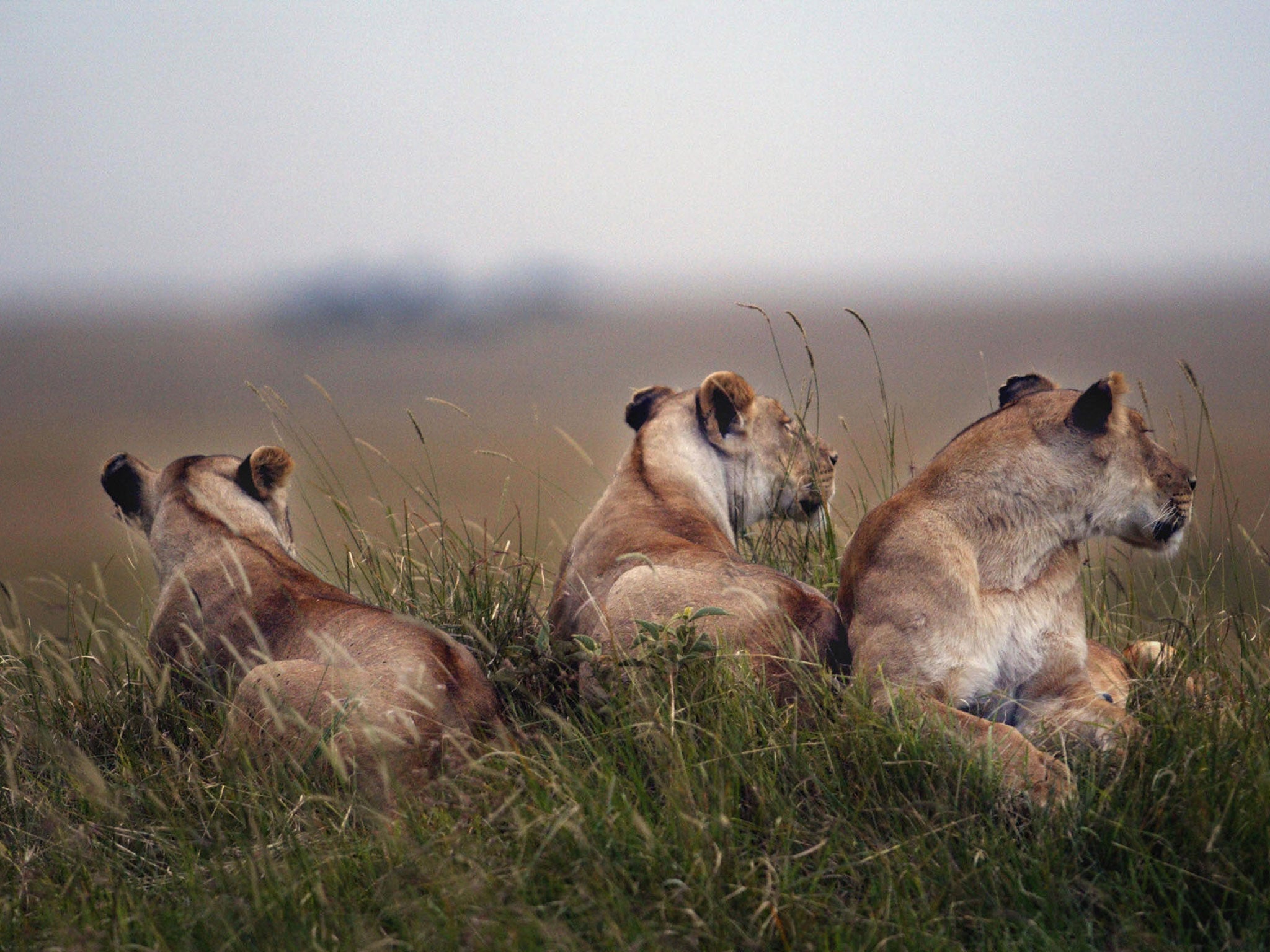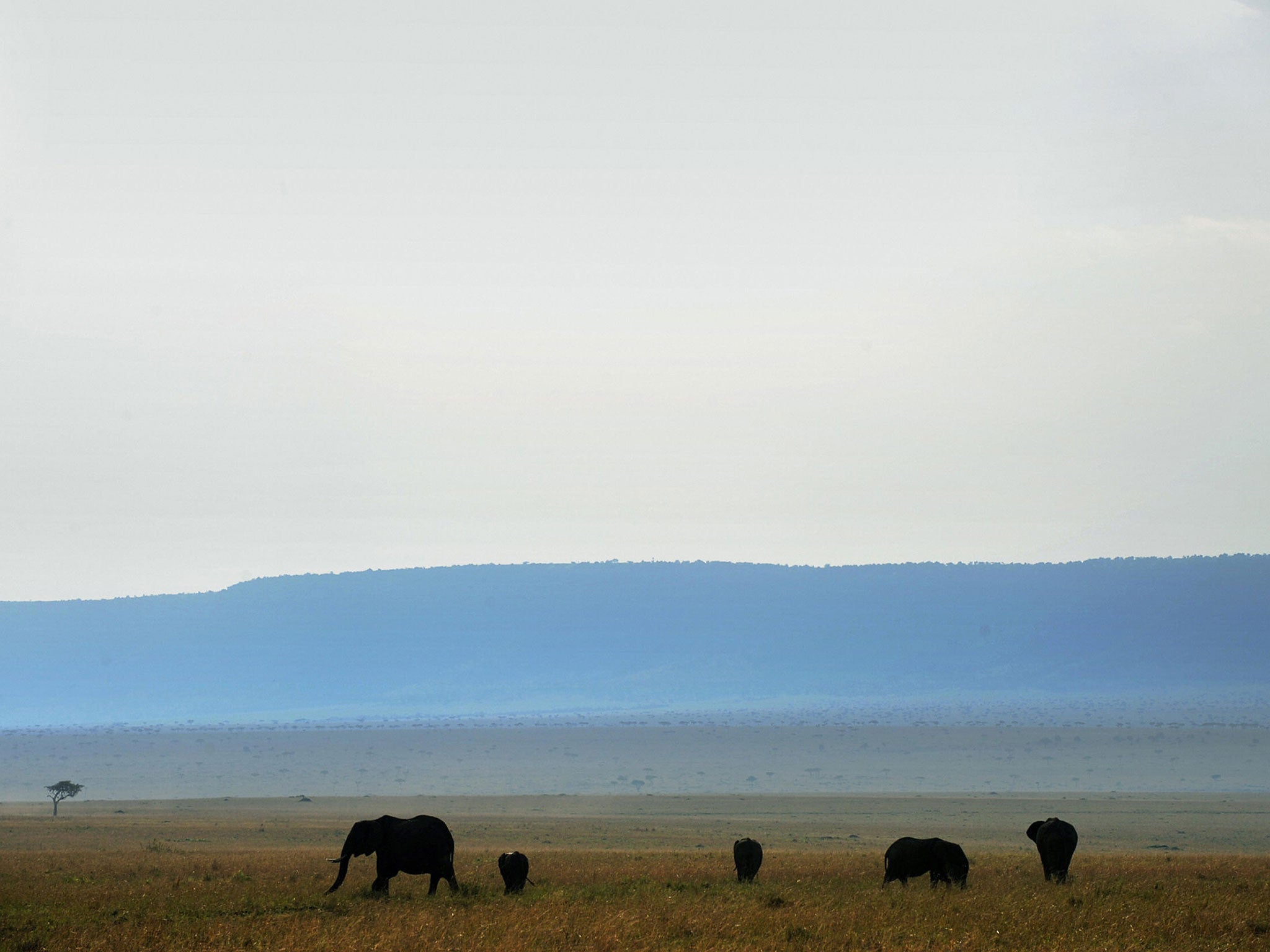Lion cub featured on BBC's Big Cat Diary dies after being poisoned and attacked in Kenya's Maasai Mara reserve
'Alan' - not pictured - is the third lion to die after meat laced with pesticides was laid out on Sunday

Your support helps us to tell the story
From reproductive rights to climate change to Big Tech, The Independent is on the ground when the story is developing. Whether it's investigating the financials of Elon Musk's pro-Trump PAC or producing our latest documentary, 'The A Word', which shines a light on the American women fighting for reproductive rights, we know how important it is to parse out the facts from the messaging.
At such a critical moment in US history, we need reporters on the ground. Your donation allows us to keep sending journalists to speak to both sides of the story.
The Independent is trusted by Americans across the entire political spectrum. And unlike many other quality news outlets, we choose not to lock Americans out of our reporting and analysis with paywalls. We believe quality journalism should be available to everyone, paid for by those who can afford it.
Your support makes all the difference.A famous lion cub featured on a BBC wildlife documentary has died after being poisoned and injured by a buffalo.
The male lion, called Alan, had to be put down by vets in Kenya on Wednesday.
He had appeared in the Big Cat Diary television series with the rest of the Marsh Pride in the Maasai Mara Game Reserve.
Wildlife officials in Narok, south-west Kenya, said he was the third lion to die after being poisoned in a suspected plot by Maasai herdsmen to stop the predators eating their cattle.

Alan was separated from the rest of his pride to recover, leaving him vulnerable to the attack from buffalo that left him with devastating internal injuries, Paul Udoto, from the Kenya Wildlife Service said.
He was wounded by the herd overnight on Tuesday, according to the David Sheldrick Wildlife Trust, and vets made the difficult decision to euthanize him after his condition deteriorated.
“The injuries sustained were too severe for any hope of a successful outcome,” a statement said.
“An autopsy revealed multiple serious wounds to the lungs and liver, along with a multitude of other injuries, which had made saving him impossible.”
Update - Marsh Pride LionsThis morning KWS Vet Dr. Limo, who operates from the DSWT funded Mara Mobile Veterinary...
Posted by The David Sheldrick Wildlife Trust on Wednesday, 9 December 2015
One of the other dead lions has been identified as Bibi, another member of the beloved Marsh Pride. A BBC crew member said she was found “foaming at the mouth, fitting and panting”.
The corpse of another lion was found mauled beyond recognition by hyenas.
The remains are presumed to be that of Sienna, another member of the pride that has not been seen since the poisoning on Sunday night.
The big cats had killed two cows belonging to Maasai herdsmen accused of laying out meat laced with pesticides.
Three people have been arrested but one has agreed to become a prosecution witness, meaning no charges are likely to be brought against him, Mr Udoto said.
The remaining two suspects will be remanded in police custody for at least a fortnight while investigations continue.
Several other lions are undergoing treatment and the poison is also moving through the food chain, with nine vultures found dead near remains.
Local cattle herders have reportedly poisoned lions in the past to stop them eating their stock, saying they are forced to go into the big cats’ territory because they are not allocated sufficient grazing land.
Additional reporting by AP
Join our commenting forum
Join thought-provoking conversations, follow other Independent readers and see their replies
Comments